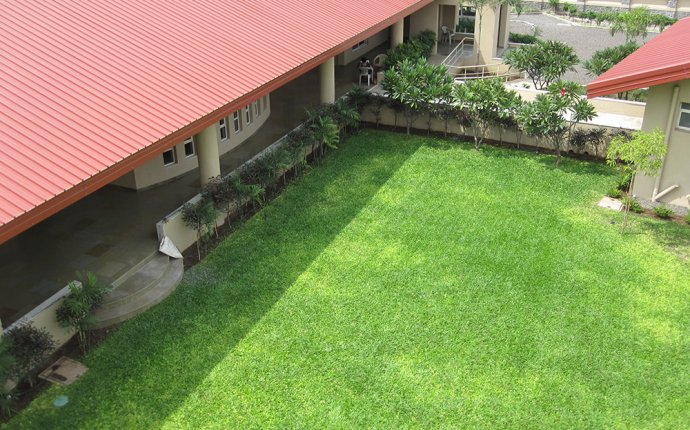
Ayurvedic Institute India
Prof. G.S.Tomar has completed his MD & PhD (Ayurveda) from Institute of Medical Sciences, Banaras Hindu University in the years 1982 & 1986 respectively. He has joined State Ayurvedic Services in the year 1984 and served in the capacity of Lecturer, Reader, Professor and Principal / Superintendent (offctg). Presently he is working as Professor & Head, Department of Kayachikitsa, Shri Lal Bahadur Shastri Smarak Govt. Ayurvedic College Handia, Allahabad, U.P. He has published 04 Books & more than 60 papers in National & International journals. Moreover he has supervised 16 PhD scholars and presided over more than 15 scientific sessions of International & National conferences including 4th FC, New Jersey, USA in Nov. 2002, 4th & 5th World Ayurved Congress in Bengluru & Bhopal respectively. Apart from this he has also organised 13 National & International conferences.
Abstract
Hepatitis B is considered as an emerging challenge in the millennium. It is supposed to be one of the chief culprit of liver related morbidity and mortality. Hepatitis B is a leading killer among all infectious agents and is responsible for hepatocellular carcinoma (approx. 80 %) and cirrhosis of liver (approx 68%). Every year over one million people die in India due to Hepatitis B related problems. It reflects the seriousness of this problem that over 40 million (4 Crores) Indian are the carriers of HBsAg. Though the modes of spread are the same for the human immune deficiency virus (HIV), but HBV is 50 to 100% more infectious. Unlike HIV, HBV can survive outside the body for at least 7 days. There is no cure of this dreaded disease in western medicine. Supportive measures are usually practiced. Ayurveda described a fair number of herbal drugs for the management of liver related disorders. Present study is based on clinical evaluation of a herbal compound (GH-89) in the patients of acute hepatitis B. The test drug contains – Kalmegh (Andrographis paniculata), Kutki (Picrorhiza kurroa), Bhumyamalki (Phyllanthus niruri), Guduchi (Tenospora cordifolia), Punarnava (Borhevia diffusa), Bhringraj (Eclipta alba), Pittapapda (Fumaria purviflora), Daruharidra (Berberis aristata) etc .processed in Phaltrikadi quath. Several Ayurvedic drugs were evaluated extensively through clinical as well as experimental studies and reported as hepato- protective, hepato regenerative, choleretic and chologogues. But only few studies are conducted to evaluate their role on the clearance of viral markers or elimination of HBV till today. Keeping this objective in the mind, 200 patients of acute hepatitis B were selected for this trial. The patients were diagnosed on symptomatic as well as biochemical criteria (Liver Function Test including Serum Bilirubin, ALT, AST, Alkaline phosphatise & A:G) duly supported with serological markers (HBsAg). Assessment of response was also evaluated on the above mentioned parameters. HBsAg was present in all the cases before treatment. After average duration of three months, 70% (140) cases cleared the antigen. Apart from this there was highly significant reduction in serum Bilirubin, AST, ALT and Alkaline phosphatise levels. Moreover 90% patients restored normalcy on symptomatic criteria too. No case was fallen in to complication of this series. It shows that this herbal compound (GH-89) is very effective in the patients of Jaundice of Infective hepatitis in general and acute hepatitis B in special. Details will be discussed in full text of the paper.














